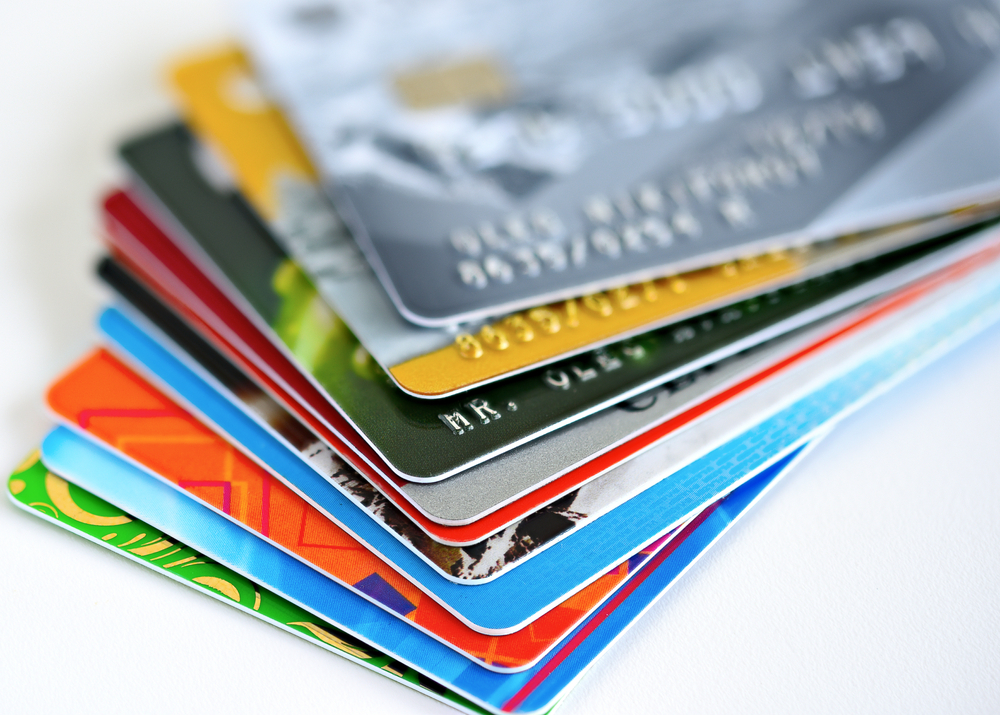Credit Cards & Loans
A guide to picking the right credit card

Guest Author:
Alastair DouglasTo mark the 50th anniversary of Britain’s first credit card, here’s a handy guide to help you figure out which plastic best suits your personal circumstances.
When it comes to credit cards, knowledge is power. Taking the time to understand the various products on the market, as well as thinking carefully about how a credit card might fit in with your financial arrangement, can make the difference between using credit smartly and landing yourself in trouble (not to mention paying over the odds for the privilege).
The wealth of options out there can be used to your advantage. With just a small amount of research into the benefits, drawbacks and conditions of credit cards you should save yourself a fortune.
Here’s our handy guide to what to look for in a mix of the most popular credit card types on the market:
“I want a credit card to make a one-off, big ticket purchase.”
The best way to use credit is arguably for a single, one-off and defined purchase. This can range from replacing an old expensive home appliance, booking a family holiday or buying an annual travel season ticket, which works out cheaper than paying weekly. By picking a deal which offers 0% on new purchases for as long a period as you’re eligible to qualify, and doing some careful planning, it’s possible to borrow at no cost.

Wellness and wellbeing holidays: Travel insurance is essential for your peace of mind
Out of the pandemic lockdowns, there’s a greater emphasis on wellbeing and wellness, with
Sponsored by Post Office
The simplest way to do this is to divide the amount you’ve borrowed by the number of months within the 0% period, then set up a direct debit to pay that amount each month. This ensures your balance will be cleared within the promotional period and without incurring interest.
For example, the cost of a £1,000 travel season ticket purchased using the Post Office Money Matched Credit Card – which offers 0% interest on purchases for 27 months – can be spread to a monthly direct debit of £37.04.
“I want a credit card that rewards me for regular spending.”
Cards that reward you for using them typically come in two forms – cashback or points.
The benefit of these cards is the reward, rather than competitive interest rates, so they’re ideally suited for people who can afford to pay off their balance in full on a monthly basis. If you let your debts build up, the interest payments may outweigh any rewards you earn.
It’s also worth examining which card offers the best reward for you. If you’re not much of a traveller, air miles probably aren’t worth collecting – but if you do your weekly shop at one of the big supermarkets, picking a card which gives you a percentage of your spend in cashback might reap big rewards.
A good all-rounder is the Barclaycard Freedom Rewards, which offers points on everyday spending – you’ll earn one point for every £1 spent generally, and two points for every £1 spent at all UK supermarkets, on petrol and Transport for London fares. Customers can redeem 1,750 Freedom points for a £5 voucher. It also offers a 12 month 0% balance transfer period, plus 0% on purchases for the first year.
The Santander 123 credit card is an option for those wanting to earn straightforward cashback. It offers 1% cashback at all major supermarkets, 2% cashback at all major department stores and 3% cashback on petrol, National Rail and Transport for London travel, up to an overall total of £9 per month. However, it comes with an annual fee of £36 (or £3 per month) – so it’s important to estimate how much you might earn to see if it’s worth it.
“I have one or more credit cards and want to stop paying an interest rate of 18% on my remaining balance.”
A balance transfer is a great option for those of us with credit card debt spread over one or more cards, incurring a rate of interest. By switching the outstanding balance to a single card, with a 0% balance transfer deal, you’ll stop interest accruing for the duration of the deal. Combine this with setting up monthly direct debits to pay the balance off before the 0% offer ends, and your credit card debt could be cleared without paying a penny more in interest.
There are often fees associated with balance transfer cards, usually a small percentage of the total balance to be transferred. It is important to weigh up the savings you’ll make in interest payments against the fee you’ll need to pay.
The longest balance transfer cards on the market are the Halifax 40 Month Balance Transfer Card and the MBNA Platinum Credit Card – both offer a balance transfer duration of 40 months, but come with a transfer fee of 2.69% and 2.98% respectively.
Other options have lower transfer fees, but shorter balance transfer durations – such as the Virgin Money 30 Month Balance Transfer, where you’ll get 32 months of 0% interest on transfers and pay a fee of 1.13%.
As with all credit card decisions, it’s crucial to factor in all potential costs, as well as taking time to understand your own repayment habits.
Though not all people will be eligible for the absolute best offers on the market, using a comparison site with an eligibility check, such as TotallyMoney.com can help you to find the best possible match for you.
Alastair Douglas is chief exective of TotallyMoney.com